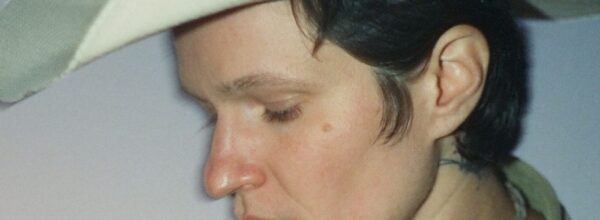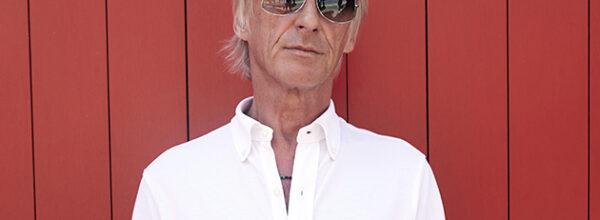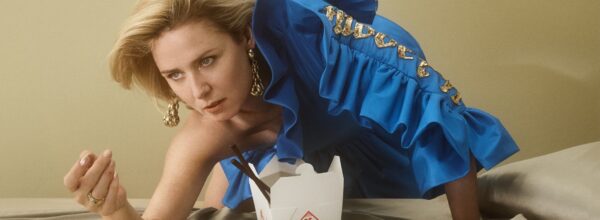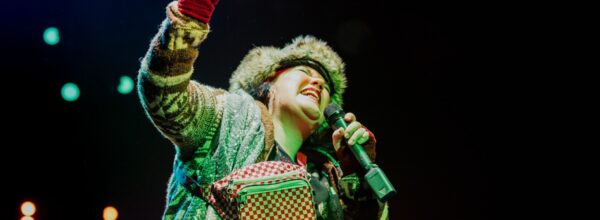18th August 2015
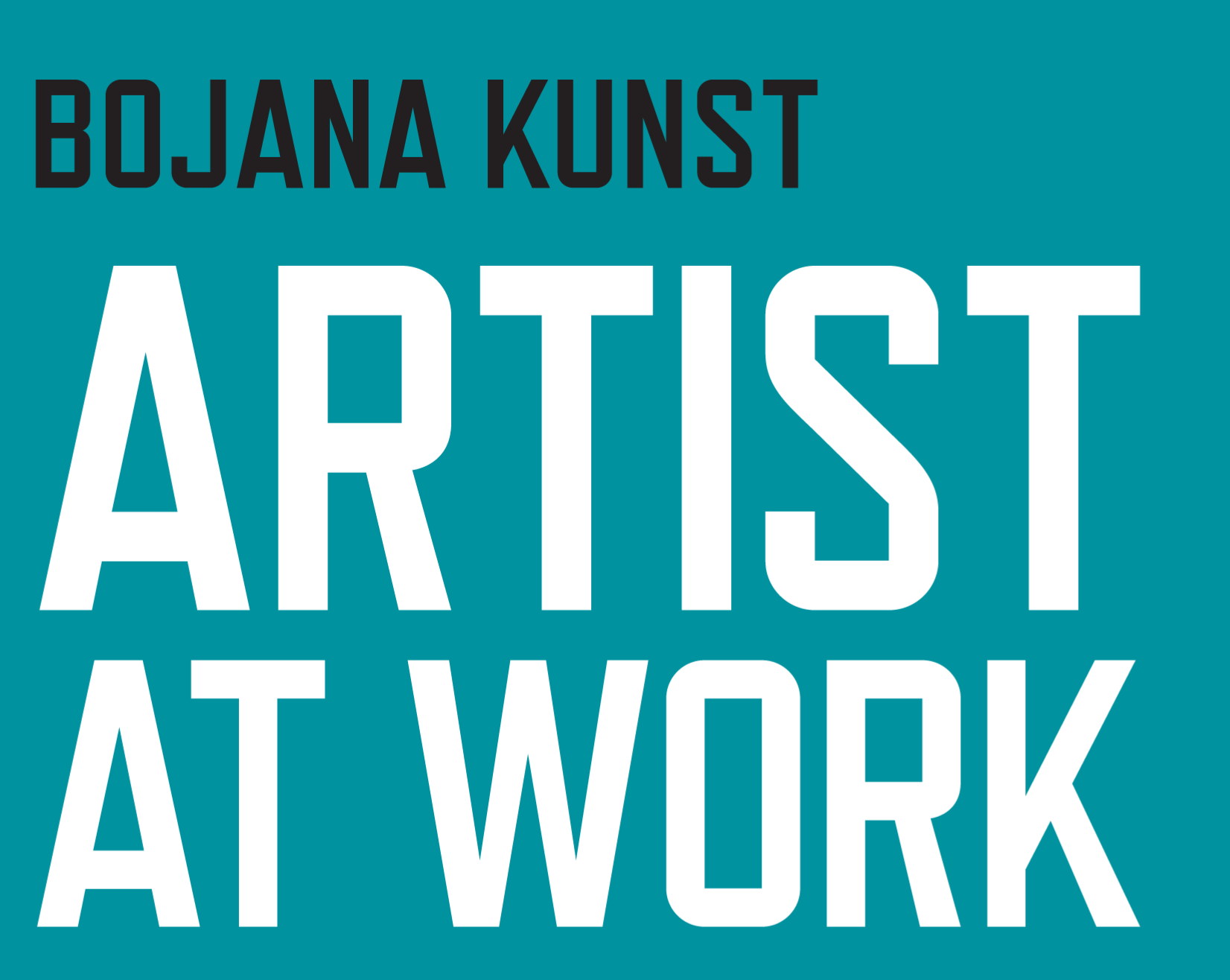
Bojana Kunst is a Slovenian philosopher, dance and theatre theoretician and professor at Justus Liebig University in Geissen. Her latest book, Artist at Work: Proximity of Art and Capitalism, argues that capitalism exploits not art itself, but artistic life, examining from the perspective of the performing arts how artistic labour is commodified and becomes part of the preservation of the capitalist system.
The debate on the proximity of art and capitalism has never been so important. The ‘austerity’ measures – for ‘deficit reduction’ read ‘neoliberal butchering’ – currently being undertaken by a Conservative government have hit the arts pretty hard. The Arts Council was forced to respond to a real-terms cut of £457m between 2011/12 and 2014/15, with knock-on effects for other organisations.
To take a local example, in the Arts Council’s funding plans for 2015-18, Bristol’s Arnolfini has been one of the biggest losers, with almost a quarter of its funding being taken away. The museum’s has done well to continue functioning, let alone put on exhibitions as good as Richard Long’s Time and Space. In fact, that very exhibition features a new piece by Long on the Downs, Boyhood Lines, a sculpture which The Fix overheard being ridiculed. “I hope my taxes didn’t pay for that rubbish”, stated the man. No, much better to have your taxes go to more life-enhancing projects like nuclear weapons and traffic lights.

Richard Long, ‘Boyhood Lines’, 2015
What Kunst argues is that art, in attempting to present itself as socially relevant and useful, is locking itself within the very capitalist structures that it should be combating. Art is not important because it produces profit, balances chequebooks and makes a whole bunch of cash for those with the cajones to exploit social Darwinism. Instead, art should strive to occupy the very spaces and abstractions that allow capitalism to thrive.
Kunst’s writing at times lacks a robustness in it’s approach. Philosophy name-checks are scattered about – Benjamin, Rancière and Badiou are given little introduction, and are not even given first names (we assume it is Walter, Jacques and Alain respectively). Furthermore, Kunst is slow to define both ‘art’ and ‘politics’, borrowing instead from a selection of thinkers – including the aforementioned trio – despite their conceptions of politics being quite different.
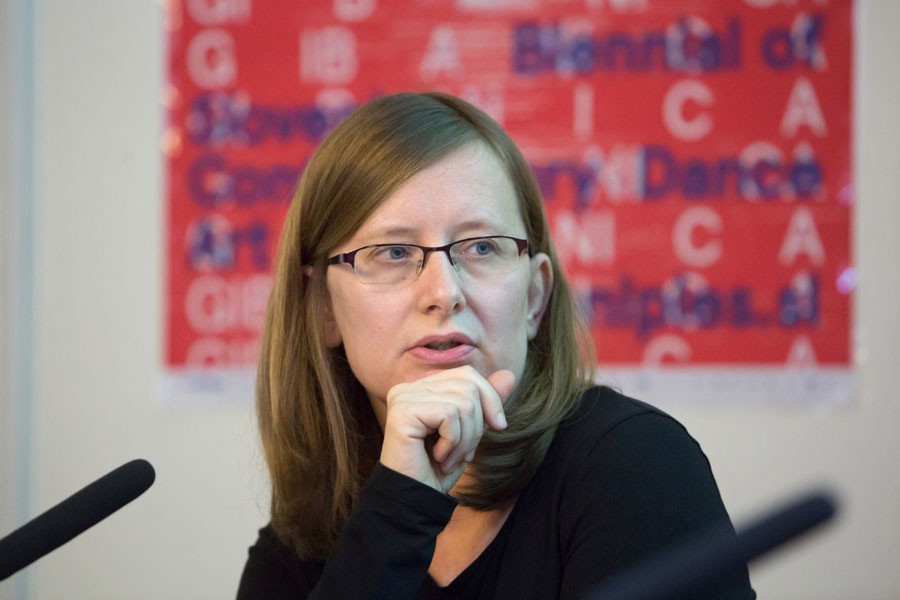
Bojana Kunst
Nevertheless, Artist at Work is an important book which raises a number of potent questions. How can artists overcome a powerlessness when faced with contemporary methods of production? How can a desire to create critical and political art be managed against the “total appropriation of art by capitalism”? Most centrally, what role can art play in contemporary capitalism, and what does it actually produce?
Artist at Work is published by Zero Books
Conal Dougan




